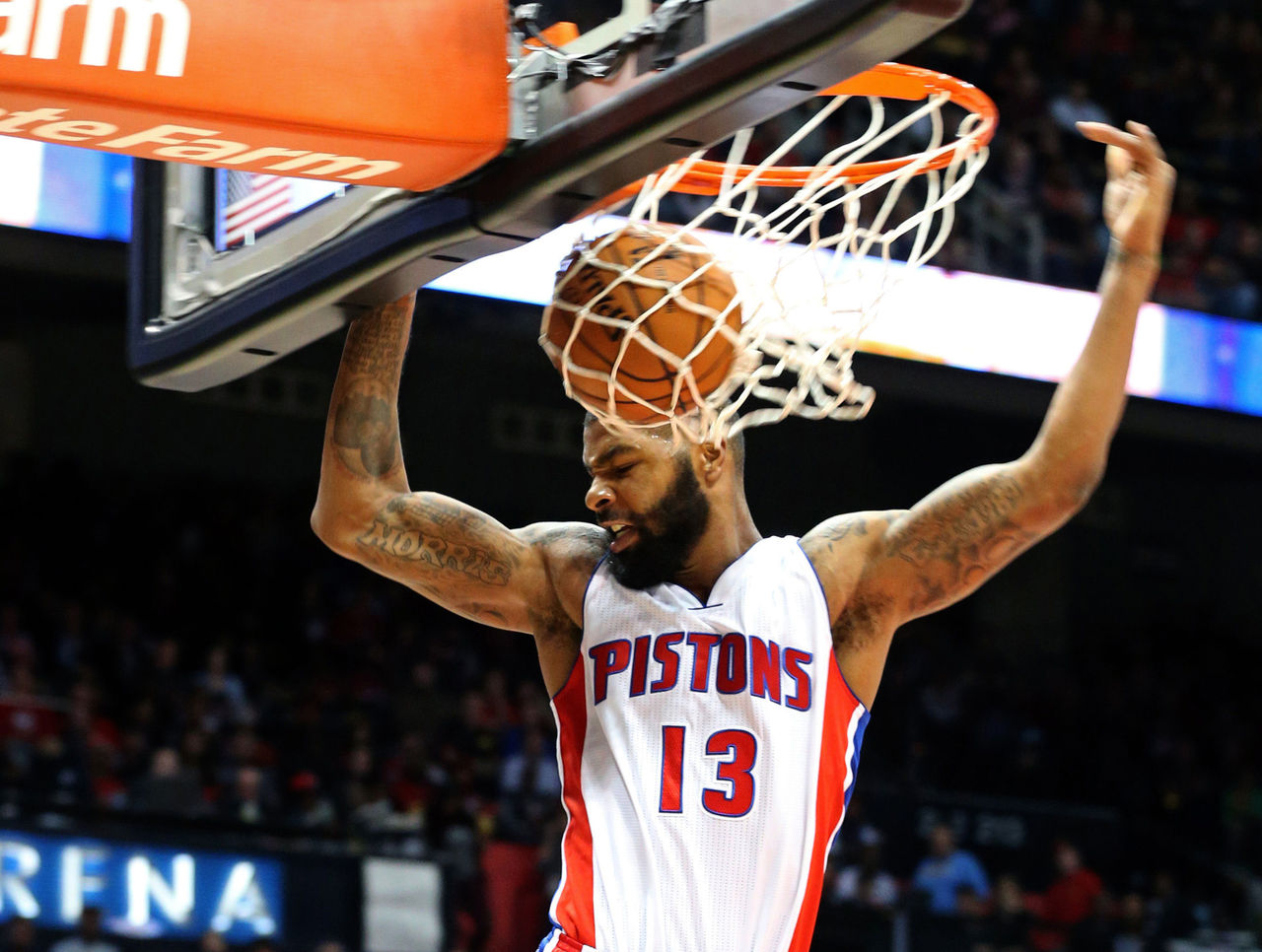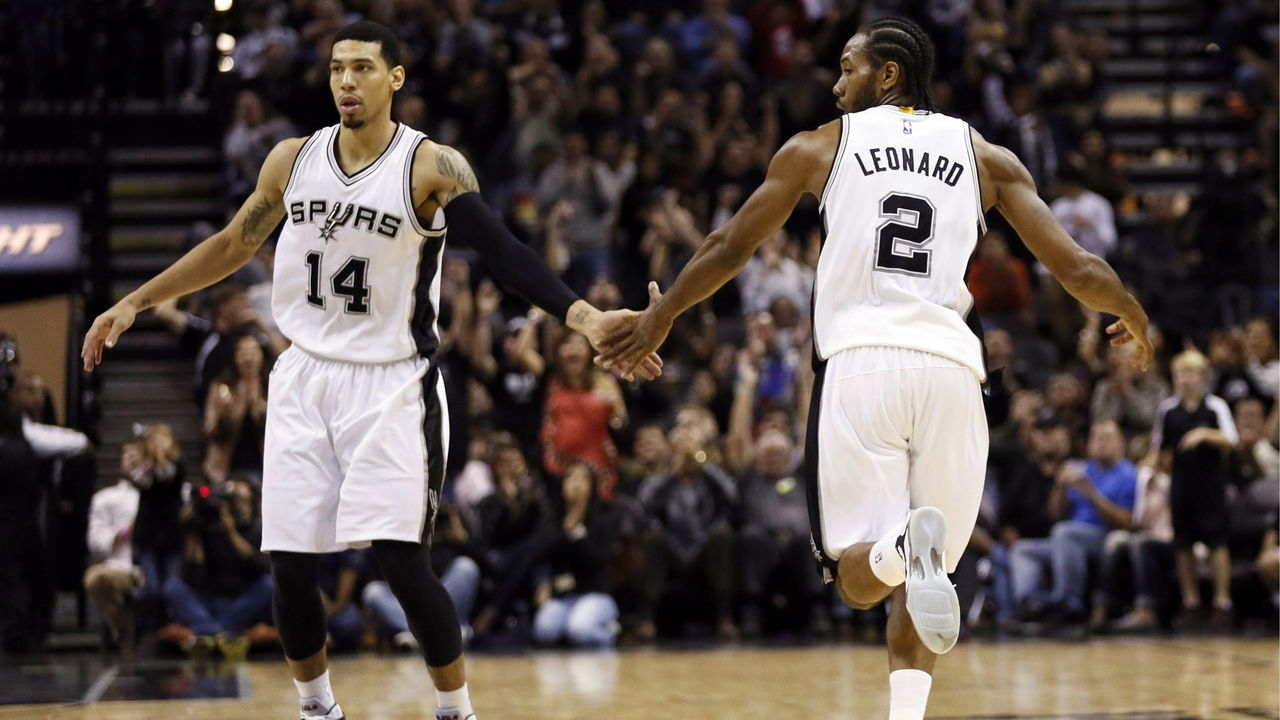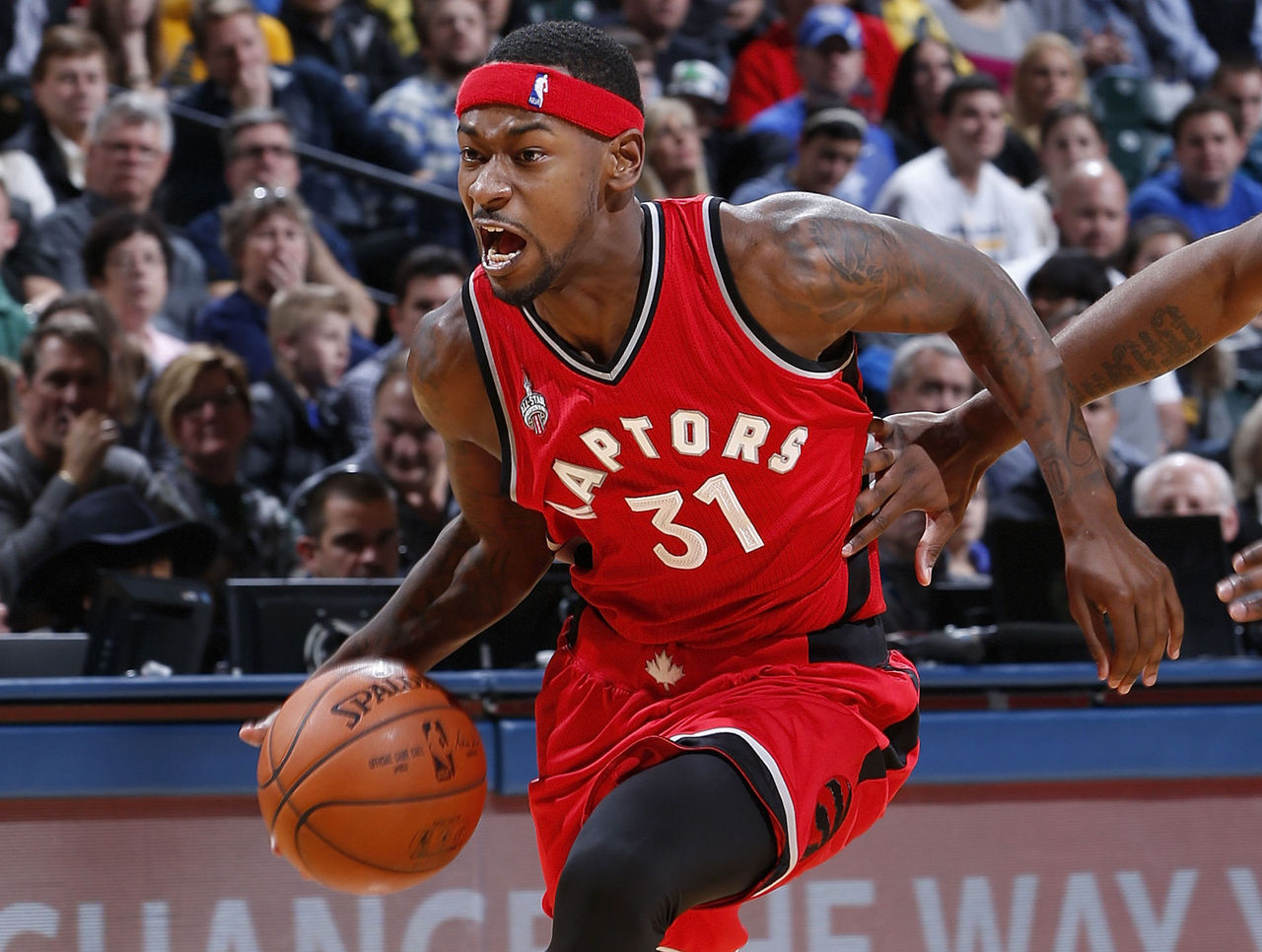How to build daily fantasy cash game and tournament lineups
Follow theScore's fantasy feed on Twitter (@theScoreFantasy) for the latest news, features and more.
Conventional wisdom in DFS circles separates cash games and GPPs by trying to establish a high floor in the former and reaching for a high ceiling in the latter. In cash games, half the entrants get paid and they all receive the same prize. Coming in first place is not important.
In GPPs or tournaments, coming in first is the goal. The better the placement, the better the payout. GPP lineups need to be varied and have the potential to reach the top score or ceiling of production. Cash games only need to be good and consistent with fewer risks involved.
Follow the Minutes
But how do you establish those risks? The first thing to take note of when building a cash game lineup is a player's minutes. It isn't an exact science, but a building block. Houston Rockets SG James Harden led the NBA with 38.1 minutes per game. Toronto Raptors PG Kyle Lowry was right behind him with 37 MPG.
Both provided different types of value, but they succeeded because of opportunity combined with effective uses of their skills. It stands to reason that good players will do more good things with more playing time. It also explains why Detroit Pistons SF/PF Marcus Morris hit career highs in all of his averages by playing 35.7 minutes per game (10th in the NBA).
Morris was a fantastic cash game selection because his DFS salary was never in the same league as Harden's. Neither were his results, but Morris didn't perform poorly too often. If he got minutes, which he almost always did, he returned value.

Follow the Money
Player salaries in DFS will fluctuate based on performance. A player like Morris mostly stayed in the same pricing range for most of the season. This makes it difficult to predict when he will achieve tournament value, but he would regularly hit his floor.
You have a limited amount of resources at your disposal. Morris was never really a bargain, but he never bled you dry. Harden, on the other hand, was often priced very high. While that alone does not make him a GPP option, his ceiling was virtually unmatched.
Even with his high minutes, Harden would be an excellent GPP play against top-ranked defenses because it would cause many owners to shy away even though his output would potentially be similar. Cheap fliers are required to roster a player like Harden. You have to find the right player who is going to play above his salary on a given night to give the best shot at winning.
Take Calculated Risks
In cash games, the fewer risks the better. In GPPs, it's unavoidable. A popular approach is often dubbed "studs and scrubs," though that is a bit unfair to the bargain plays who produce in a pinch.
Once you've rostered a pair or trio of high-priced talent, don't just pick any random basement dweller. That's poor planning. Keep an eye on starting rotations, injuries, and fluctuating trends with players' playing time. If a starter is banged up or otherwise getting a night off, value can be had with his backup provided the minutes will be there.
The odds of cashing in with an injury replacement are higher than just filling in a final spot with the first familiar name you see. Their chances of being highly owned will at least be somewhat hindered by their lack of name-brand recognition, and even in a spot start, they're not always reliable.

Target Matchups
Keep things simple. It's not worth rostering players against elite defensive teams in cash games. In 2015-16, few players facing the San Antonio Spurs should have found their way into a cash game lineup. That's not to say no one ever had a good game against the Spurs, simply that it happened far less frequently.
On the other hand, picking Russell Westbrook against the Spurs is acceptable in a GPP because Westbrook can still drop 35 points with 12 rebounds and 12 assists against an All-World defense. While it's less of a lock, it will also be one of the few times his DFS ownership will be reduced. Without access to ownership percentages, you have to use some common sense and predict the benefits and consequences of targeting certain matchups.

Hail Mary and Steady Eddie
Some players should exclusively be used in GPPs and never in cash games. These are players who will occasionally explode for a huge game, but rarely string together successes. Think Toronto's Terrence Ross or Milwaukee's Michael Beasley. Consistency is not their game, but extremely rare upside is.
SG/SF Trevor Ariza is the opposite. He occasionally scores a lot of points, but more often than not his results are fairly pedestrian. There is nothing flashy and he won't hit GPP upside often enough. Ariza will, however, offer a flow of consistency and won't eat up a lot of salary.